“We can make cutting-edge theatre but still be connected to the local community”: Artistic director Chris Haydon discusses his plans for The Rose
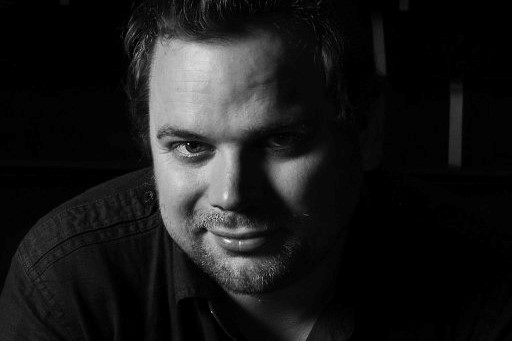
The Rose in Kingston is set to re-open following Covid-19 guidelines for an autumnal programme, Return to the Rose. Showcasing socially-distanced live performances such as the 40th-anniversary production of Educating Rita, Live at the Rose with Russell Kane, WOKE and Stick Man. We talk to their new artistic director, Chris Haydon, as he ponders the potential of this exciting new opportunity, navigates the challenges that lay ahead and recounts some of his vast career highlights so far.
Hi Chris, thanks so much for speaking with us. As former associate director of The Bush and then artistic director of The Gate, can you tell us about your move into the role of artistic director at The Rose and how these roles vary?
It’s really exciting and interesting! It’s very different from both those other venues, partly because it’s just so much bigger! When I was there, The Bush seated a maximum of 120, The Gate seated 75 and The Rose seats 822, so it’s a totally different ballgame! Obviously my work at the other two theatres was largely focused on new writing, new plays or world and UK premieres. Obviously it’s harder to do new writing here because when you’ve got that many seats to fill, new plays without any title recognition for a new audience are going to be a really tough sell unless you’ve got real heavyweight casting. However, that’s one of the things that drew me to The Rose: the opportunity to be making a different kind of work in terms of scale and material. I wanted to produce and direct more classic titles and I remain keen on working with new writers; it’s an essential part of what we do but we’ll just have to do it very differently. One of the things we’ll do is commission a lot of adaptations of famous plays or well-known novels, offering a story that the audience will already feel familiar with and will hopefully want to book for.
I think another major difference is the location. The others were more central and The Rose is in Kingston, which is obviously London, but on the outskirts. So that kind of audience will be totally different for me. The really lovely and brilliant thing about The Rose is how deeply rooted it is in the local community. We have a youth theatre here, we have a bar and a cafe area here and on Tuesday mornings pre-pandemic there would always be a group of mums with their young babies, or on another day, a group of elderly people knitting! We also let Kingston University use our studio as a space to teach and there’s a church that meets here on a Sunday. It’s a place that’s really essential to the community.
What do you think will be your biggest challenge at The Rose?
For me, the biggest challenge is to combine two things: that kind of real commitment to the local community in a geographical sense and their theatre industry, and making work that’s excellent and as high quality as it possibly can be. With that aim, we can make really eye-catching, exceptional and cutting-edge theatre which should draw the interest of anyone passionate about theatre and allow us to compete with any other theatre in London and the world, but equally, still be absolutely connected to the local community. So really it’s about drawing those things together.
It’s a beautiful space. The auditorium is modelled on Shakespeare’s Rose and it’s really a series of contradictions. It’s both a young theatre and an old theatre. It’s only 12 years old but Peter Hall founded it and being a titan of 20th-century theatre, there’s a sense of establishment that makes it feel like it’s been around a lot longer. When Stormzy came to perform in January, the concrete latticework at the back was lit up and it just became this incredible gig venue that created an amazing tension between the old and the new.
Obviously it has been frustrating to start this new position and then head into lockdown. What sort of things did The Rose organise to stay connected to its audience during these restrictions?
We did a bunch of exciting things. A series of poetry readings called Readings From The Rose, where we got some really fantastic performers to record themselves reading some of their favourite poems; we released that quite early in lockdown. Our youth theatre has also reopened safely with social distancing so we can engage with people in the flesh. We are also releasing a series of podcast conversations with leading theatre artists in the coming weeks. We didn’t do a streaming of past shows because we didn’t feel we had a good enough recording that would work. I think Zoom plays and streaming avenues are so important but I have also taken the time to work creatively towards future plans because ultimately theatre works with bodies in a room, sharing a story together. It’s not meant to be presented digitally as it will always feel like a second-best option.
With The Rose set to hopefully re-open its doors at the end of October, did you have any input in the curation of Return To The Rose or was that something your predecessor had already compiled?
That’s a really good question. So, Return To The Rose season is not my first season. I’m working really hard on programming a really fulsome season of work either in the autumn or in April/May next year but for obvious reasons, we don’t know when that will happen yet. We cannot really afford to do those new shows unless we’re selling a lot of tickets – a non-distanced auditorium, really. So I’d say Return To The Rose is a mixture of stuff that was already kind of potentially going to come to us anyway, like Educating Rita, which had already sold a lot of tickets, and Stick Man, which I’m really excited about as our family audience is really paramount to us.
There is some stuff happening between that that I have programmed: WOKE, for example, about Black Lives Matter, and then a couple of things that we haven’t announced yet. Unfortunately, we can’t now do our huge Christmas show, Beauty And The Beast, because it’s such a huge cast and we can’t socially distance that or capitalise on a show that may well get cancelled.
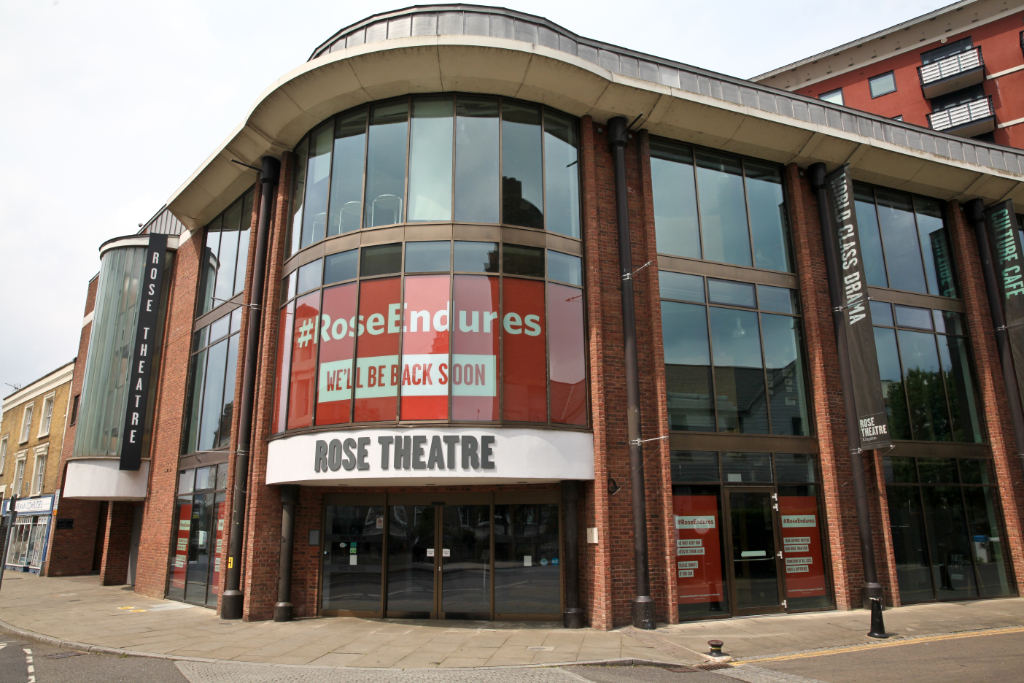
Image: Rachael Lowndes
How has having such a reduced auditorium capacity affected you?
For me, it’s obviously felt somewhat frustrating, but in other ways quite exciting because you kind of go, ok, if we’re only selling 350 tickets a night as opposed to 800, the really big shows cannot afford to come here, so now we have the opportunity to programme some smaller-scale work, some riskier work – shows that aren’t an obvious sell, or haven’t been in larger venues. I have a good knowledge of exciting and emerging talent and working out any new stuff we can offer our audiences in future programmes.
You have previously supported new and emerging artists by giving them a platform to showcase their talent. Would you like to continue this same concept going forward with The Rose?
Yes, but I think it would have to be different. When I was at The Gate and it was a small stage with only 75 seats, I was able to give a number of directors their first show. You could take a real risk because you could offer your support and gain trust in that person. It would be harder to take that kind of risk on this much larger stage, both in terms of sales and their own self-confidence. But what we can do is find those directors that have proved themselves on a smaller scale and who are now itching to make stuff on a bigger scale. Obviously we still want major talent working on our stage, but mixed in with exciting, younger theatre-makers too.
Is supporting diversity a huge consideration for you when you are choosing your productions?
Yes of course! When I was at The Gate for five years I was proud that we made it one of the most diverse theatres in London. A 50/50 gender split on stage, 40% of our performers were people of colour, as were our writers, directors and stage staff. That’s the demographic of London so that’s what we should reflect. We will need to diversify at The Rose too. It’s something we need to work on, but it’s something that will happen automatically too whilst working with the pool of the best talent. I have huge ambitions in this area.
You’ve directed a number of short films, including, Martha and In Wonderland. What is the difference between directing film and stage? Do you have a preference?
Gosh, that’s a great question. Ok so, the interesting thing is that on the surface they seem pretty similar. They’re on average both 90 mins to two hours long. There are actors performing a story. There’s a beginning, middle and end. They both have writers and basically both seem to have similar narrative forms. However, the process of making them is profoundly and radically different. In theatre each member of the audience has a fixed point of view; they’re not moving around during the show, unless you’re doing a Punchdrunk-style immersive show. With film, everything is seen through the camera lens and that movement which could change dramatically. I think sometimes theatre directors stumble when they go into film because of this. Also, I think in film, directors are seen as the primary author, whereas in theatre, writers are; I think that’s because the [film] edit is when you can make really profound changes to a story as factors come into play that weren’t in the previous format. I love them both equally; they are both joyful in many different ways and I’ve found that the experience of working on one really informs the other.
What do you think have been some of the highlights of your career so far and what advice would you want to bestow on your younger self and up-and-coming directors?
The highlights have been working in buildings, being part of the community of The Bush and keystone of the community of The Gate, and I’m just really excited to do that again at The Rose. Obviously there are individual shows that I’m really proud of like one I produced called Eclipsed with Letitia Wright very early on in her career. I remember saying, “She is going to be a massive star, she’s amazing” and literally a year later she got cast in Black Panther. That was really exciting because you suddenly realise you’re in a position to facilitate brilliant talent and give them a space to work with.
I think the advice I’d give to anyone including my younger self is to pay attention to yourself, notice the things you are drawn to and that you’re good at. It’s easy to decide you want to do something, to become so focused on it that you never stop to ask, “Am I actually any good at it? Is it where my strengths lie?”.
What projects are next for you as we tentatively emerge from lockdown?
I think my focus is totally on The Rose and reopening it. I have a show I want to direct there next Autumn. I can’t say what it is yet! Things I was working slowly at have been thrown up in the air. As soon as we can get to a non-distanced auditorium, I shall look forward to packing it out!
Ezelle Alblas
For further information about the Return to the Rose season visit the theatre’s website here.

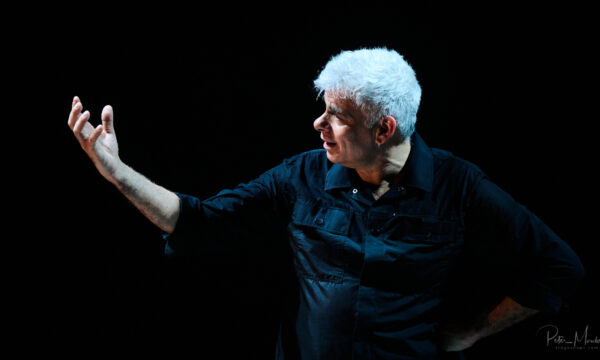
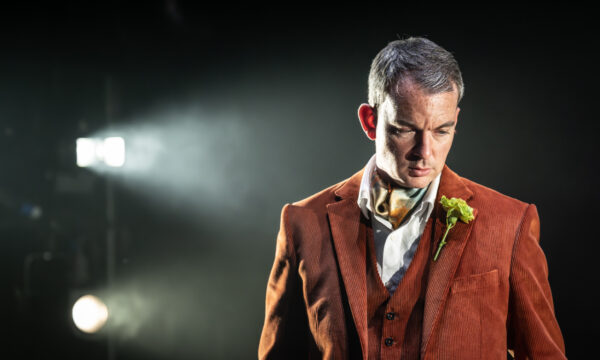
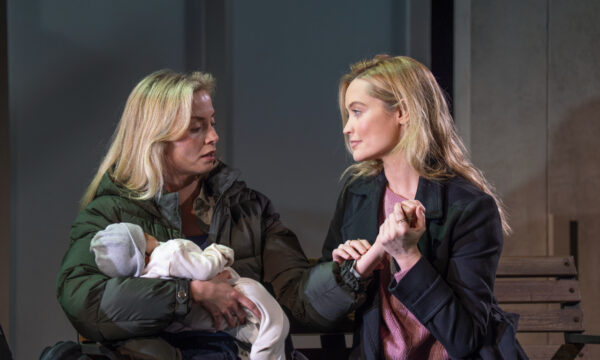
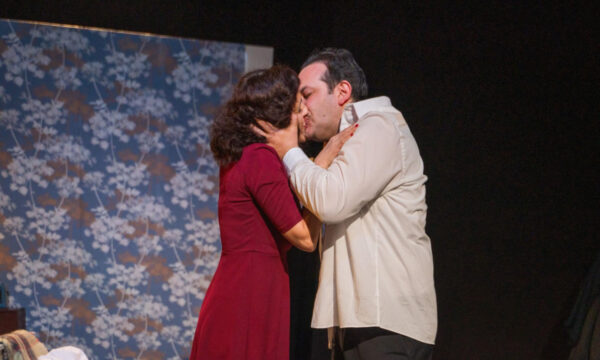
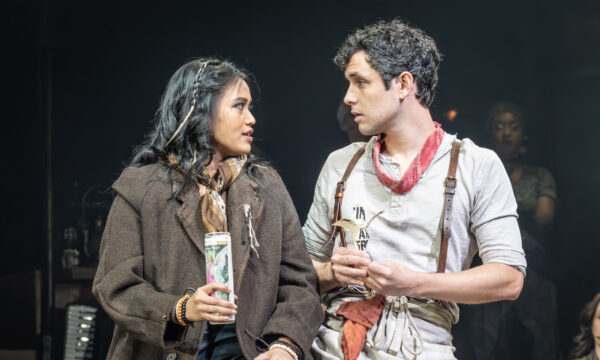
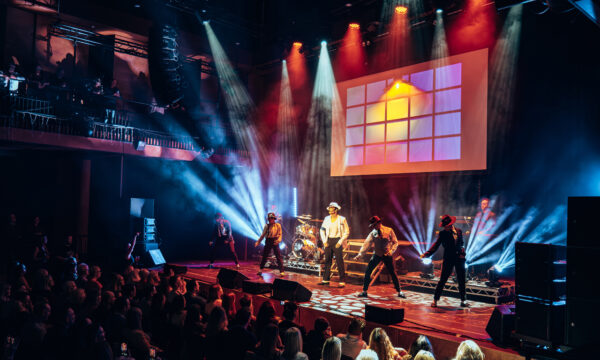
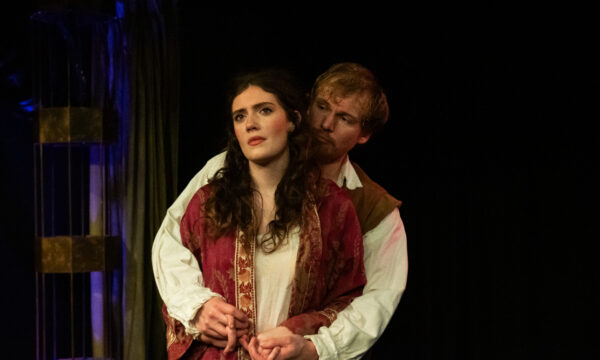
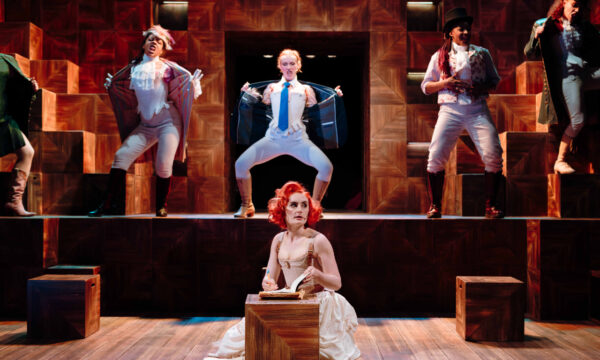
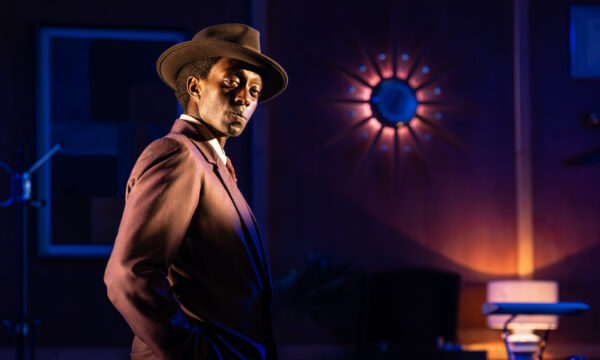








Facebook
Twitter
Instagram
YouTube
RSS